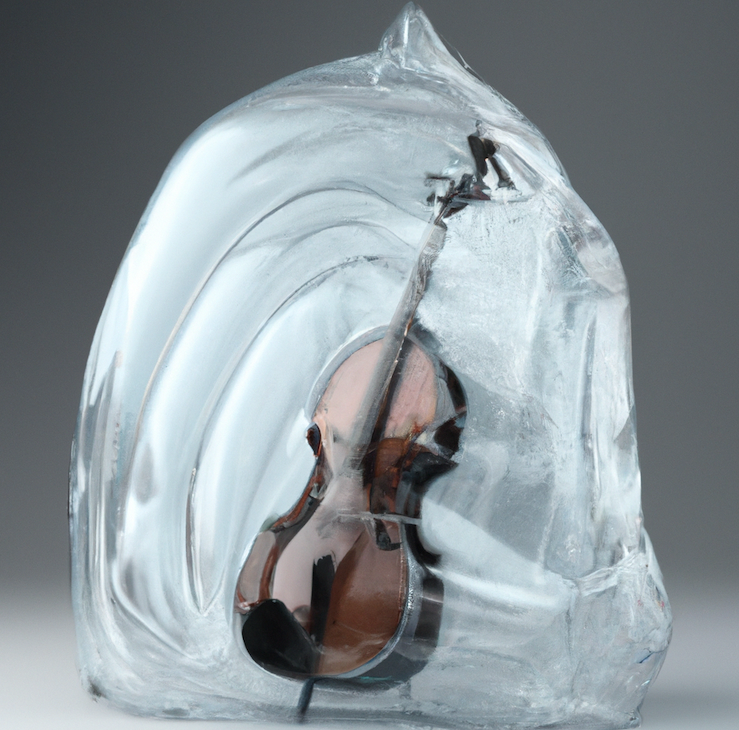|
|
| IpcServer (Object &sync, IpcClient::UpdateType updateType, const juce::String &statePath, Object *state=nullptr) |
| |
| bool | startServer (int portNumber, const juce::String &bindAddress=juce::String()) |
| | Launch the thread that starts listening for incoming socket connections.
|
| |
| bool | stopServer () |
| | Stop the server.
|
| |
|
| juce::InterprocessConnection * | createConnectionObject () override |
| | When we get a connection, the base server class will call this so that we can create and return an instance of the connection type that we want to use. We'll maintain ownership of the object created here in the server's connections vector.
|
| |
◆ createConnectionObject()
| juce::InterprocessConnection * cello::IpcServer::createConnectionObject |
( |
| ) |
|
|
overrideprotected |
When we get a connection, the base server class will call this so that we can create and return an instance of the connection type that we want to use. We'll maintain ownership of the object created here in the server's connections vector.
- Returns
- juce::InterprocessConnection* a non-owning pointer to the client connection object that was created; the base server class will use that pointer to complete the setup of the client connection object.
◆ startServer()
| bool cello::IpcServer::startServer |
( |
int | portNumber, |
|
|
const juce::String & | bindAddress = juce::String () ) |
Launch the thread that starts listening for incoming socket connections.
- Parameters
-
| portNumber | port number to listen on. |
| bindAddress | address to bind to, empty string listens on all addresses for this machine. |
- Returns
- bool true if the server is running (or was already running).
◆ stopServer()
| bool cello::IpcServer::stopServer |
( |
| ) |
|
Stop the server.
- Returns
- bool true if the server was stopped (or was not running)
The documentation for this class was generated from the following files:


